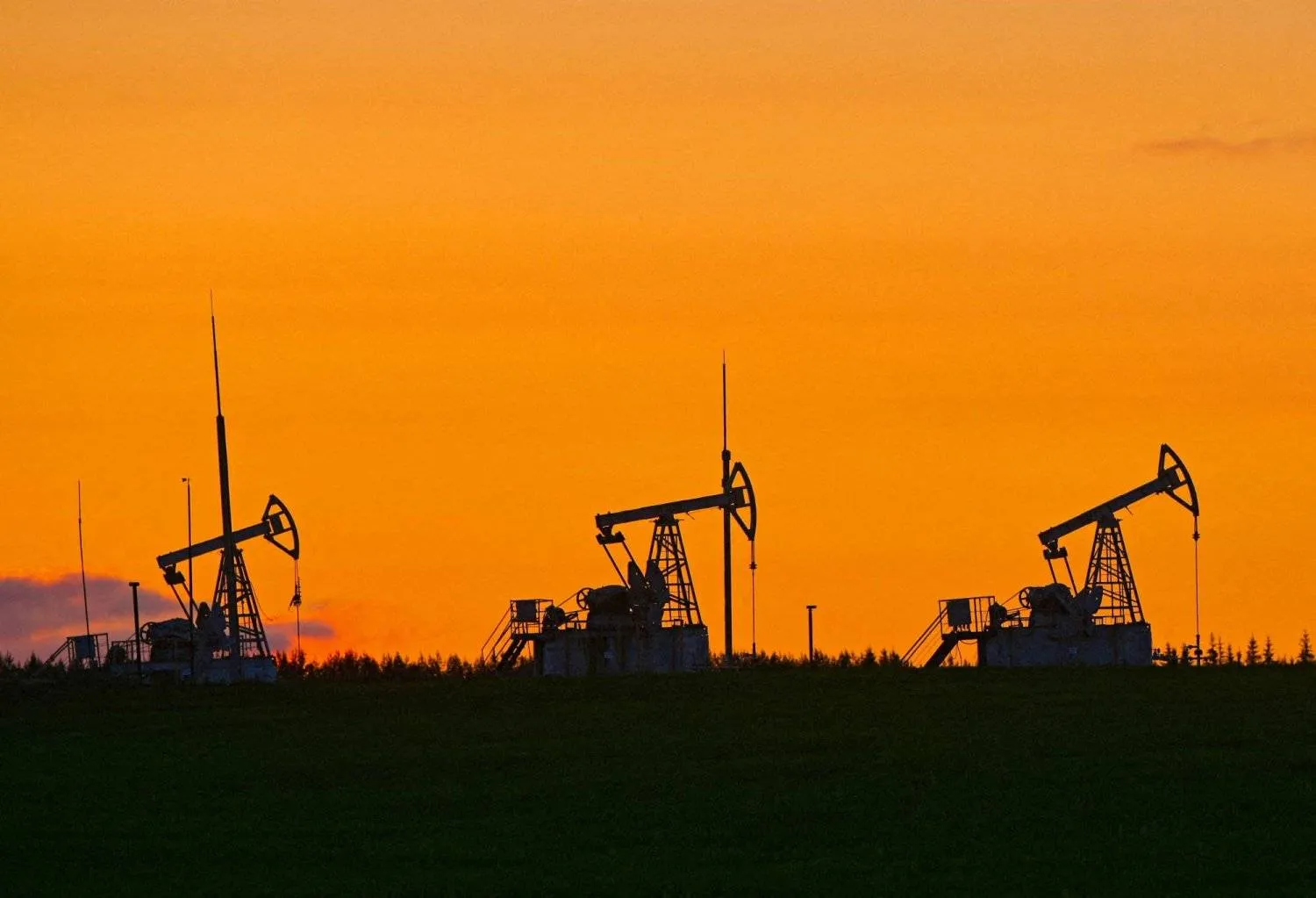Oil prices climbed on Monday, supported by forecasts of a supply deficit stemming from peak summer fuel consumption and OPEC+ cuts in the third quarter, although global economic headwinds and rising non-OPEC+ output capped gains.
Brent crude futures rose 53 cents, or 0.6%, to $85.53 a barrel by 0729 GMT, while US West Texas Intermediate crude futures were at $82.05 a barrel, up 51 cents, or 0.6%.
Both contracts gained around 6% in June, with Brent settling above $85 a barrel in the past two weeks, after the Organization of the Petroleum Exporting Countries (OPEC) and their allies, a group known as OPEC+, extended most of its deep oil output cuts well into 2025, Reuters said.
That led analysts to forecast supply deficits in the third quarter as transportation and air-conditioning demand during summer draw down fuel stockpiles.
On Friday, the Energy Information Administration's (EIA) reported that oil production and demand for major products rose to a four-month high in April, supporting prices.
"We continue to hold a supportive view towards Brent, although there are concerns around demand, such as US gasoline demand and Chinese apparent demand," ING analysts led by Warren Patterson said in a note.
Factory activity among smaller Chinese manufacturers grew at the fastest pace since 2021 due to overseas orders, a private index showed, even as a broader survey indicated weak domestic demand and trade frictions had led to another industrial sector contraction. China is the world's no.2 consumer and top crude importer.
Hopes of an interest rate cut by the US Federal Reserve and rising geopolitical concerns in Europe and between Israel and Lebanon's Hezbollah have also kept a floor under prices, IG analyst Tony Sycamore said in a note.
WTI's recent rally may extend towards $85 a barrel if prices remain above the 200-day moving average at $79.52, he said.
Traders are watching out for the impact from hurricanes on oil and gas production and consumption in the Americas.
The Atlantic hurricane season started with Hurricane Beryl on Sunday. Beryl, the earliest Category 4 hurricane on record, headed toward the Caribbean's Windward Islands where it is expected to bring life-threatening winds and flash flooding on Monday, the US National Hurricane Center said.
Oil Prices Climb on Summer Demand Optimism

FILE PHOTO: A view shows oil pump jacks outside Almetyevsk in the Republic of Tatarstan, Russia June 4, 2023. REUTERS/Alexander Manzyuk//File Photo

Oil Prices Climb on Summer Demand Optimism

FILE PHOTO: A view shows oil pump jacks outside Almetyevsk in the Republic of Tatarstan, Russia June 4, 2023. REUTERS/Alexander Manzyuk//File Photo
لم تشترك بعد
انشئ حساباً خاصاً بك لتحصل على أخبار مخصصة لك ولتتمتع بخاصية حفظ المقالات وتتلقى نشراتنا البريدية المتنوعة








